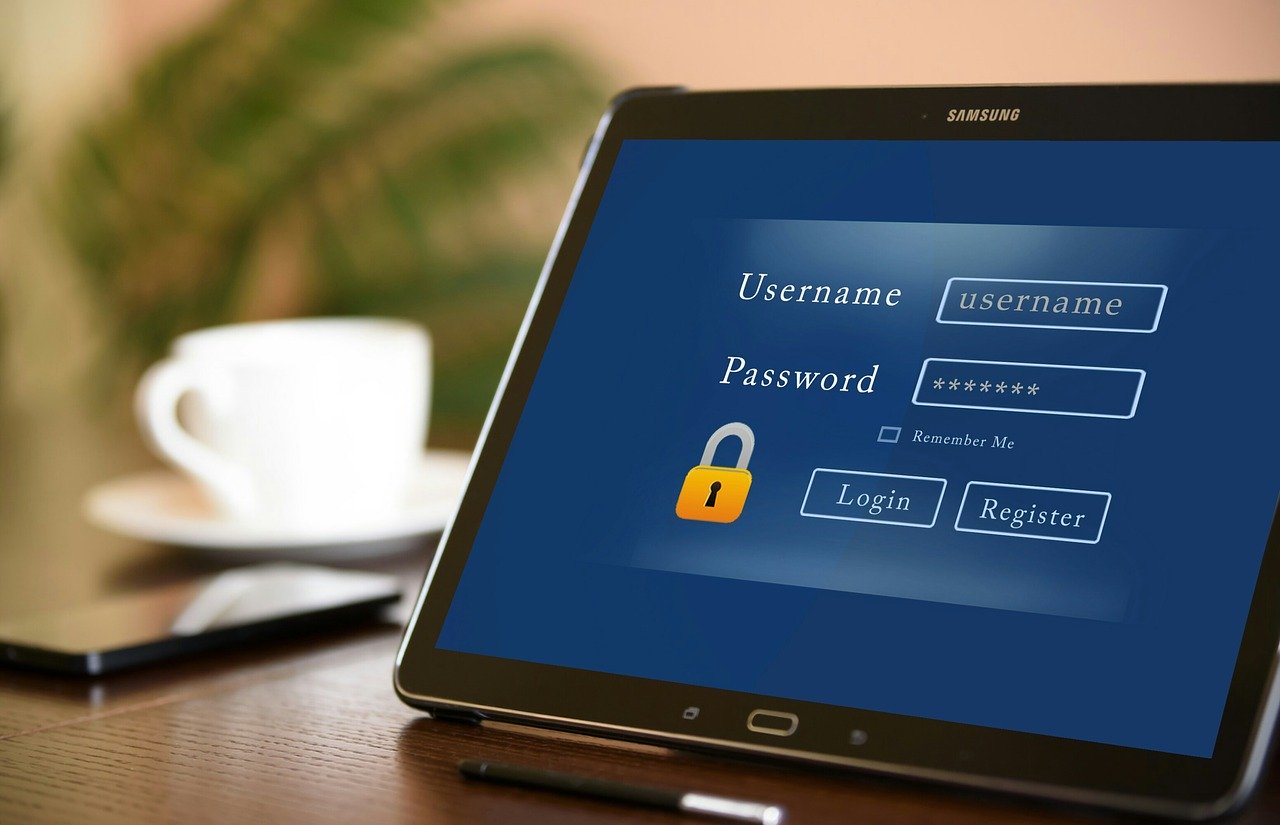Pennsylvania Joins 46 Other States in Adopting Laws to Provide Access to Digital Assets

So you made the jump and finally decided to go paperless on all of your billing and banking! Think of all the space and trees you will save eliminating that excess paper from your daily life. But what happens if you can no longer access those accounts?
I don’t mean what happens if you lose a password or accidentally lock yourself out. I mean, what happens if you personally can no longer access those accounts due to death or incapacity? What about your PayPal account? Your Etsy shop? Your frequent flyer miles? Your social media accounts?
Recent changes to Pennsylvania Estate Law
Until this July, the law in Pennsylvania was murky at best as to what happens to those digital assets. However, Pennsylvania recently joined 46 other states in adopting laws to allow for fiduciary access to digital assets. Under the right circumstances, your
- agent under a power of attorney
- executor under a will, or
- trustee
can request access to your digital assets in order to properly administer your estate or manage your finances. Under the right circumstances, someone else could have complete access to your assets and accounts.
While the terms of use agreements are still ultimately in control of how much access a fiduciary may have, how often do you read those terms in complete detail? You may inadvertently be giving someone total access to your digital assets and not realize it. This open door can include transcripts of any chats you have had on the platform.
How do you protect your assets and privacy?
First, make sure you appoint someone you trust not to invade your privacy unnecessarily.
Second, read the terms and conditions to determine if there is any way to limit your fiduciary’s access to your digital assets.
Third, discuss with your attorney whether or not you want to include access to digital assets in your estate planning documents.
Finally, check to see if the platform has an online tool to appoint someone access. Pennsylvania law allows the online tool to trump all other directives, regardless of when the directive was made.
What are these online tools? What types of accounts use them? What does this act actually look like in practice? Check back soon for additional articles giving more details about the online tools and more practical applications of the act on real-life situations.
